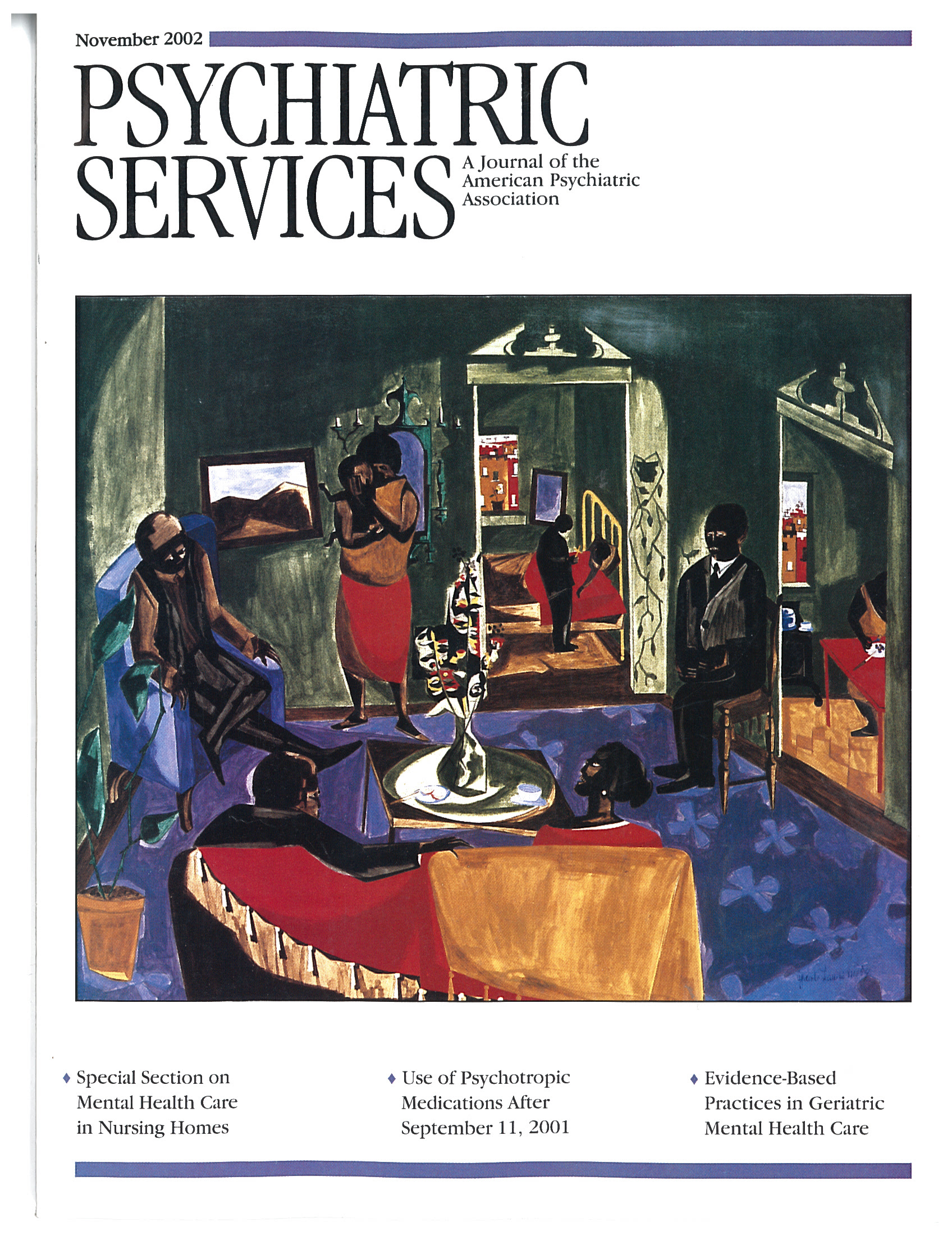The Committee on Cultural Psychiatry of the Group for the Advancement of Psychiatry has written an excellent book, as one might expect from a group of individuals who have all had a major role in shaping our current understanding of cultural psychiatry.
Cultural Assessment in Clinical Psychiatry is the third book on cultural psychiatry that the committee has produced (
1,
2). The book will be useful to psychiatrists, psychologists, social workers, and other mental health professionals and trainees who want to learn how to perform an accurate cultural assessment by using cultural variables and the
DSM-IV-TR "outline for cultural formulation."
The book begins with a historical overview of culture in mental health. The second chapter offers a discussion of cultural variables—ethnic identity, race, gender and sexual orientation, age, religion, migration and country of origin, socioeconomic status, acculturation and acculturative processes, language, dietary influences, and education. Chapter 3 introduces the cultural formulation found in DSM-IV-TR and explains the basis of each of its five sections. The next chapter applies the formulation to six cases. Overall, the cases are rich and detailed, with many references to culturally normative behavior that helps the reader understand the cultural issues.
The first case is that of an Irish Catholic American with alcohol dependence and a sexual disorder; it provides a particularly good example of a culture that characterizes many Caucasian Americans. The next case is that of a Pakistani immigrant woman who unexpectedly spent 20 years in the United States. Her difficulties were exacerbated by separation from her home and the support system there and by an ambivalence toward medications. The third case involves a Filipino American medical student whose social phobia interferes with her ability to ask questions and give presentations in her clinical rounds. She is treated with medications and cognitive therapy, with an exploration of her family upbringing and values. Another case is that of a Kenyan man who is experiencing depression because of his inability to reconcile his lifestyle, which includes drug abuse, with his beliefs, which require him to be "strong" and not show his emotions.
The book's conclusion reiterates the premise that the proper application of the assessment of cultural variables and the DSM-IV-TR outline for cultural formulation is useful for the accurate assessment of culturally diverse individuals. Indeed, Cultural Assessment in Clinical Psychiatry is an important volume that would be useful in teaching trainees how to use the outline by providing excellent examples of its application, and it works well as an introductory text. The cases provide an excellent source of cultural material to teach trainees about key concepts of cultural psychiatry, such as "face" among Asians and "machismo" among Hispanics, and the impact of the home culture on immigrants from various countries.
Although the book contains a variety of examples, it does not offer as much practical advice as I would have liked to see. If it were paired with a practical handbook with culture-specific knowledge, the two books would form the cornerstone of an introductory cultural psychiatry training curriculum (
3).

